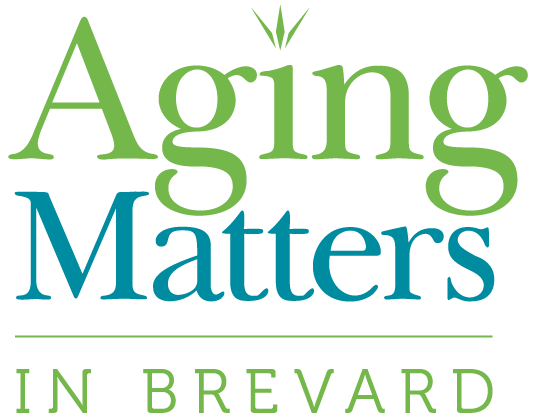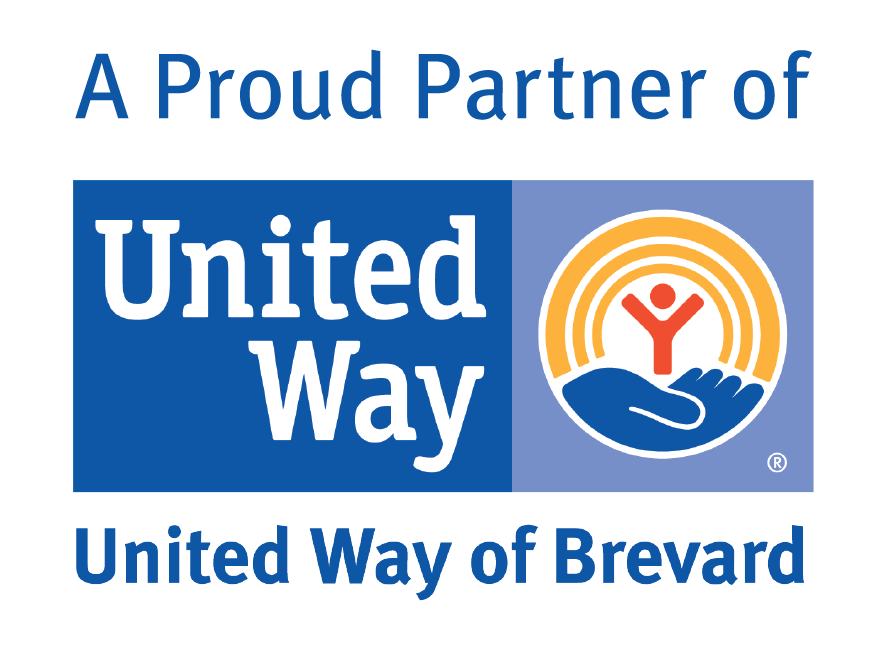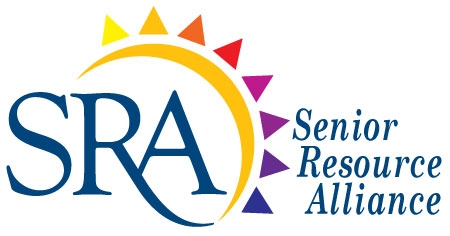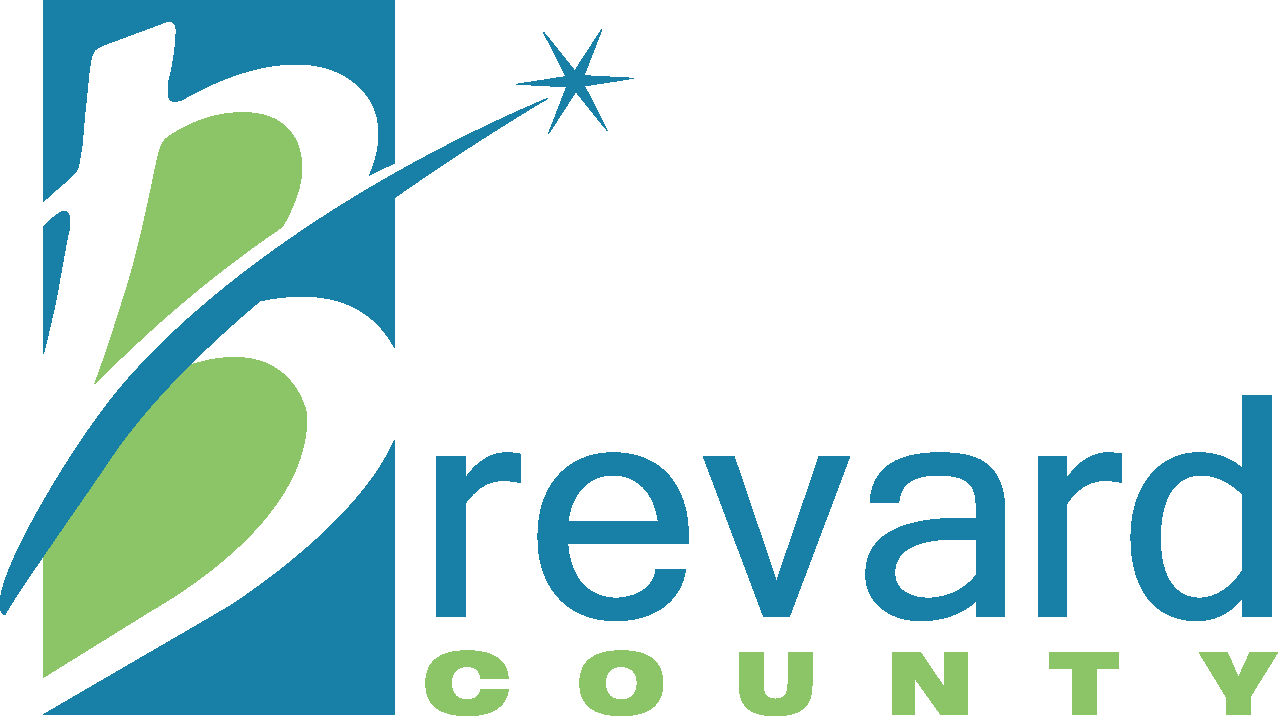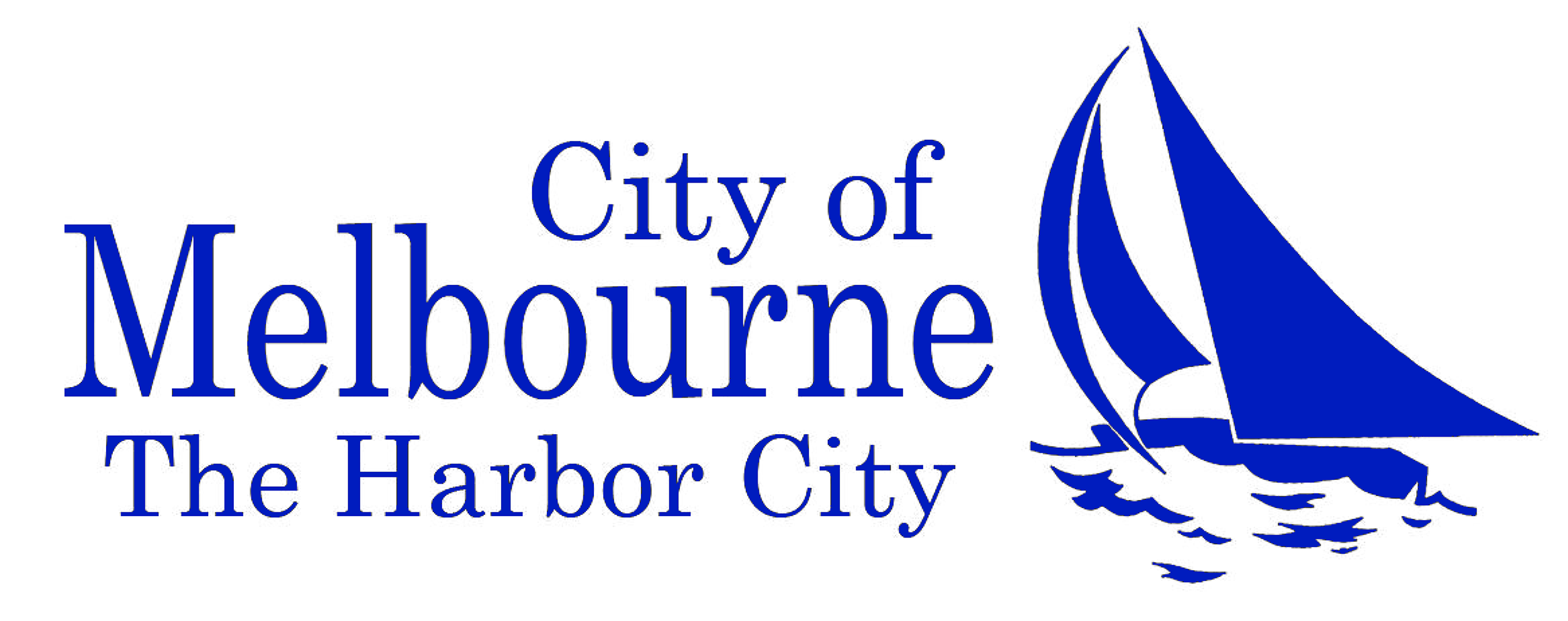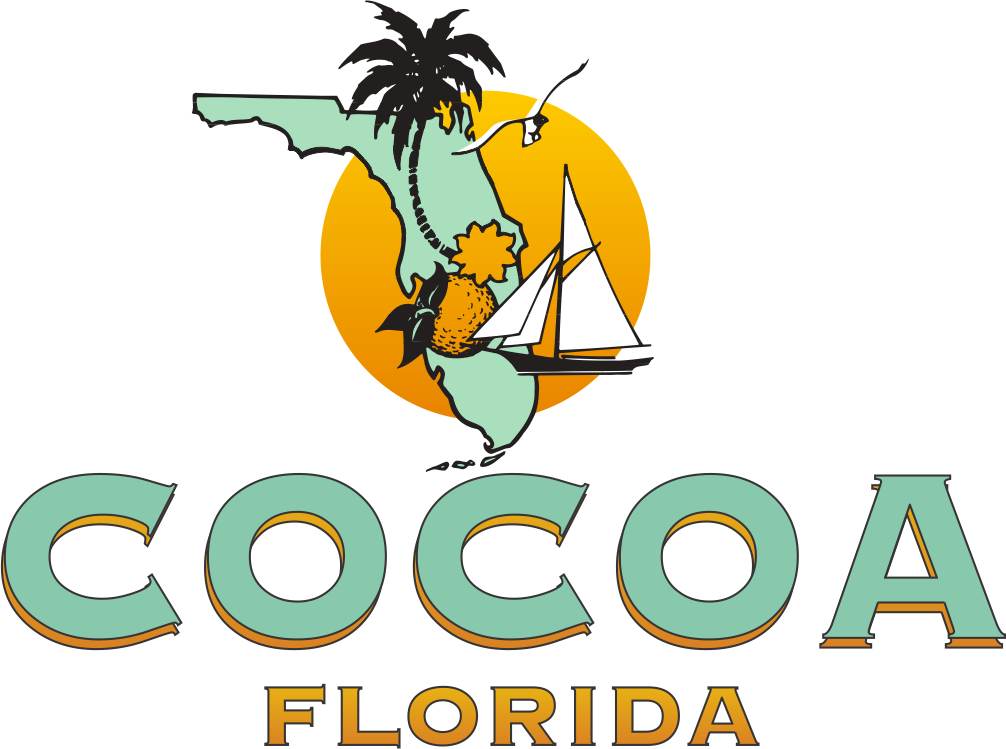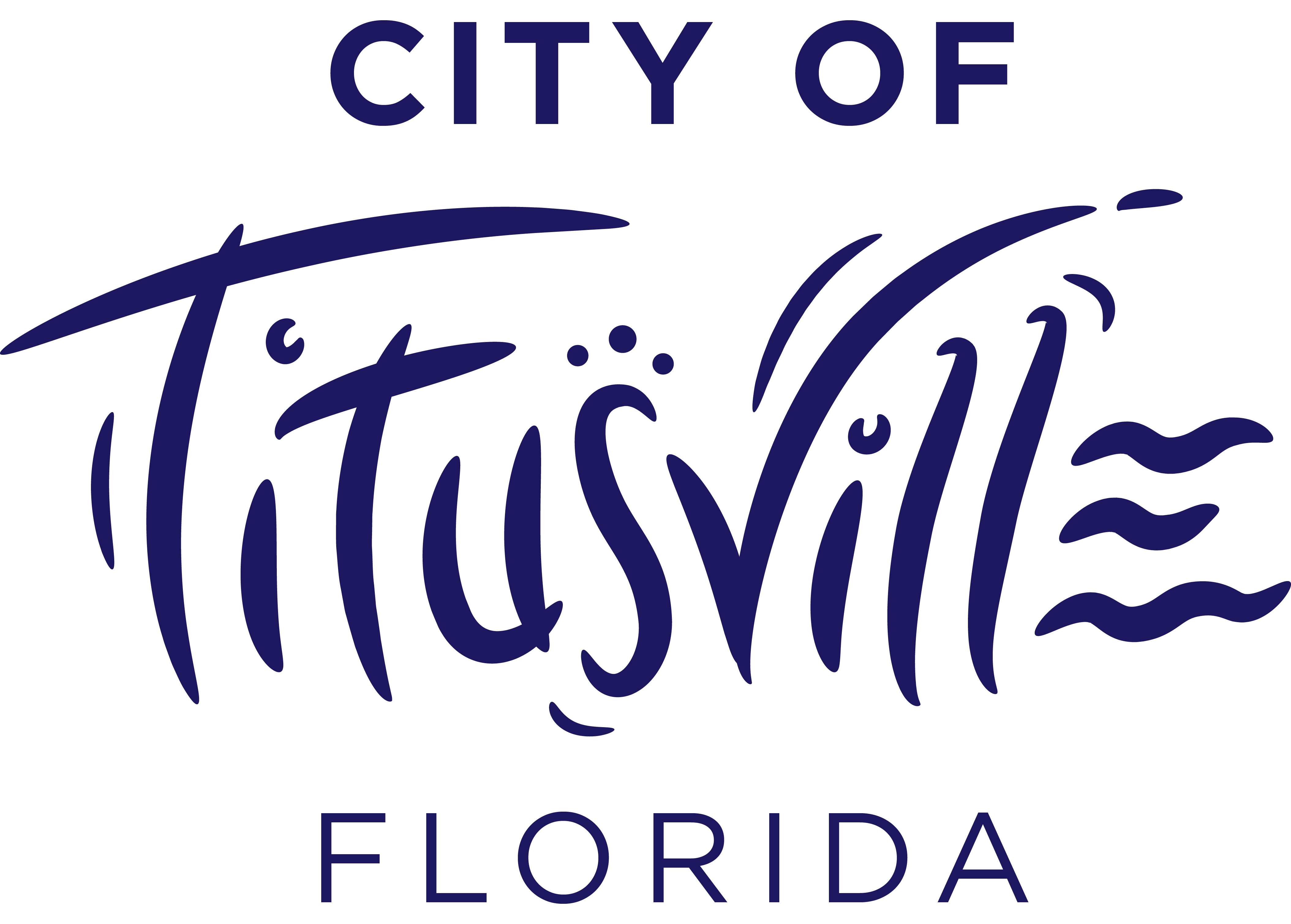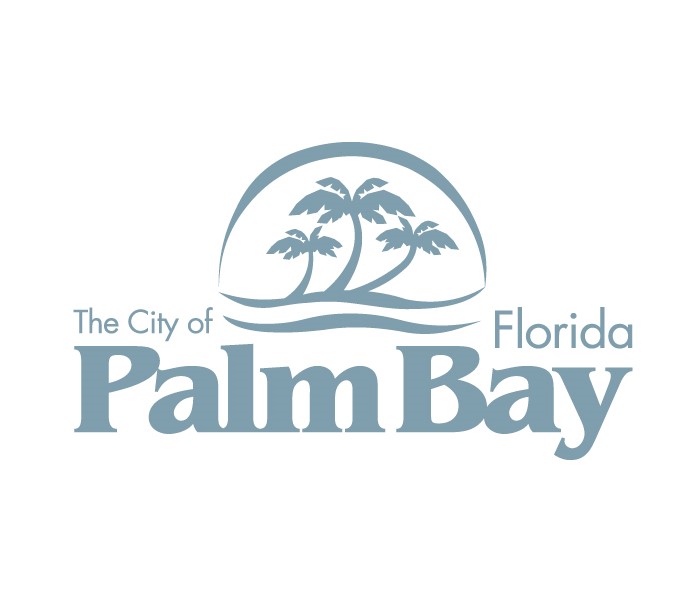The Community Services Council of Brevard County, Inc. was incorporated as a non-profit organization in June of 1965 to promote the general welfare of Brevard County through the orderly, intelligent provision of coordinated community services for both public and private agencies.
- Of those coordinated community agencies continuing to serve Brevard’s citizens, Space Coast Area Transit (SCAT), Brevard Achievement Center, The Salvation Army Domestic Violence Program, and Circles of Care remain.
- In the late sixties and early seventies, Community Services Council moved away from agency coordination and became active in providing direct services to senior citizens.
- In the late 60’s, the agency moved to promoting and maintaining independence and maximizing the quality of life for the citizens of Brevard County, particularly the elderly and disabled.
- The Senior Helpline was established in the 70’s to benefit individuals 60 and older with an information and referral system. This program has since changed into the Aging and Disability Resource Center operated by the Area Agency on Aging in Orlando, Florida DBA the Senior Resource Alliance.
- The Retired and Senior Volunteer Program (RSVP) was created in 1971 as a volunteer program using the skills and talents of individuals 55 and older to work with local charities and government entities.
- In 1974, the task of starting a congregate meal program began and shortly thereafter, the Meals on Wheels program was established. Other programs started in 1974 included pre-legal guardianship counseling, legal education, and housing modification. This programming was a result of funding from the Older Americans Act.
- The State of Florida Legislature provided funds for Community Care for the Elderly, Community Care for Disabled Adults and Medicaid Waiver programs in the 1980’s. Community Care for the Elderly offered case management for homemaking, personal care and other support services to seniors who could only afford a partial payment of their service cost. Community Care for Disabled Adults provided case management and assistance in accessing community based services to disabled adults ages 18-59. Administration of the Community Care for Disabled Adults was transferred to the State of Florida Department of Children and Families in 2014. The Medicaid Waiver programs transitioned to Managed Care organizations in accordance with the State of Florida Department of Elder Affairs mandates in 2013.
- The Community Home Services program opened in 1999 providing in-home help with the laundry, housekeeping, personal care, and chore service.
- The Brevard Community Kitchen began operation in July 1992. The Kitchen serves meals to our frailest citizens, at-risk adults and children. The Kitchen operates a catering service for corporate meetings, fundraisers, community events, summer lunch programs, and during disasters.
- The Assisted Living Medicaid Waiver program was initiated in 1995 for case managers to help clients live comfortably in local long-term care facilities and to assist with their monthly finances. This program was merged into Long-Term Managed Care program in 2013.
- In 2001, the Caregiver Support Program began providing in-home and in-facility respite for caregivers.
- The Senior TranServe project was implemented in 2000 by a group of VISTA volunteers assigned to the Retired and Senior Volunteer Program. Volunteer drivers use their own vehicles to provide transportation for ambulatory, non-driving, home bound seniors who need rides to important appointments or events.
- The Aging Matters in Brevard Administrative Building was built in 2002 and named in honor of William Hoskinson, who served as the Chief Executive Officer of Community Services Council for 27 years. The building consolidated agency programs with administration.
- In 2003, grants from Brevard County Government and United Way made the Shared Cost program a reality. Case managers coordinated homemaking, personal care, and other support services for seniors who can afford only a partial payment for services.
- In 2006, the Sunflower House was acquired from a small not-for-profit group and continued operation at the Merritt Square Mall in Merritt Island, Florida. This Senior and Caregiver Resource Center offers educational, recreational, emotional and social services.
- The GRANDParenting Again program was established in 2012 and provides assistance to grandparents, to raise their grandchildren. In 2013, the Transitions project began with the help of a foundation grant. This program helps caregivers transition from caregiver to a life without their loved one.
- The Brevard Community Kitchen was renovated through funds raised during a Capital Campaign by the Governing Board in 2009.
- In January of 2012, a new name, Aging Matters in Brevard, was launched to better reflect our devotion to the people we serve.
- The Vets Driving Vets program began in 2013 with the assistance of a VISTA volunteer using the Senior TranServe program model. The program matches veteran drivers with non-driving veterans who request transportation to the Veterans Administration Clinic in Viera, Florida. In 2014, Vets Driving Vets was merged into the Senior TranServe program.
- In the Spring of 2014, the Home Care program was launched and absorbed the existing Community Home Services program. This newly accredited and licensed program provides non-medical in-home and in-facility home care.
- Today, Aging Matters in Brevard continues as a leader in senior programming and provides the finest in comprehensive and coordinated services.
